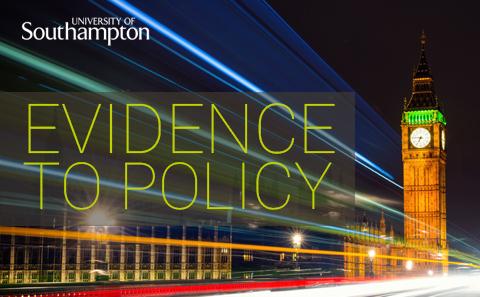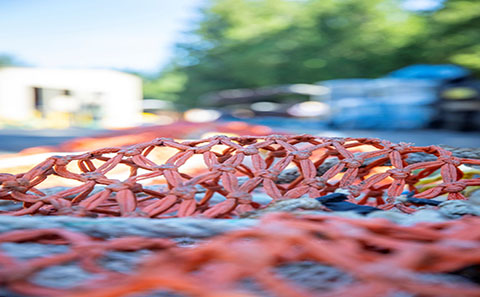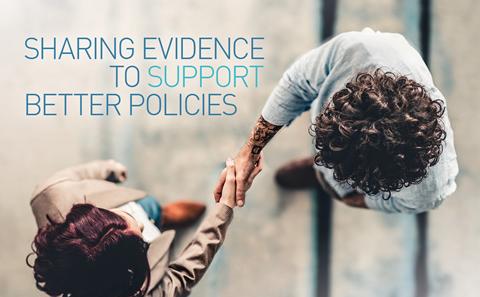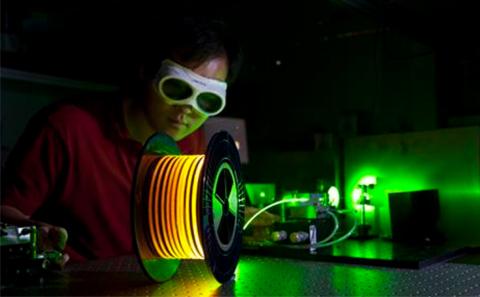
Evidence to Policy Blogs
Click to read UoS Students and Academics reflecting on their experience of engaging with PPS and policymakers.

Project lead: Stephanie Lavelle, PhD researcher, UoS and Project Director of Sea Sanctuaries Trust
Policy and research support: Dr Wassim Dbouk and Dr Helen Currie
Industry support: Aman Khan, Founder of Sycomore
SDG 12 – Responsible Consumption and Production; targets 12.1, 12.2, 12.3, 12.4, 12.5, 12.6, 12.7, 12.8.
SDG 14 – Life Below Water; targets 14.1, 14.2.
This New Things Fund (NTF) project has been part of a PhD study investigating ecosystem level impacts of plastic pollution, as well as the policies and opportunities available to help mitigate marine plastic pollution and plastic production. It is widely accepted that derelict fishing gear, refered to as Abandoned Lost or otherwise Discarded Fishing Gear (ALDFG) from a policy perspective, is one of the most detrimental forms of plastic pollution to marine organisms. It is some of the most commonly surveyed marine litter globally and can be made from hundreds of different polymers, making collection, sorting and recycling extremely challenging.
Earlier this year, Stephanie led a coastal plastic survey around the United Kingdom (UK) on a tall ship, the Pelican of London, finding fishing gear and rope to be among the most commonly found items. With support from PPS and the Southampton Marine and Maritime Institute (SMMI), we’ve been able to investigate this from a policy perspective to find out how we can improve the management of end-of-life fishing gear and rope in the UK. We conducted a stakeholder analysis, policy synthesis and, following two roundtable sessions, a policy brief was finalized to provide key insights and recommendations following our research and discussions with targeted stakeholders. The first roundtable was attended by organizations that focus on circular economy solutions for plastic waste from almost every continent, and the second focused on stakeholders that have experience working with fisheries industries across the UK.
This project was also in collaboration with Sycomore, a company that aims to provide a range of support for solutions that are focused on progressing the United Nation’s Sustainable Development Goals (UN SDGs).
To launch this project we conducted a global review, identifying circular economy driven solutions that focus on plastic waste . This led to our first roundtable event at the end of January 2021, where we were joined by 10 organizations that are actively working to reduce plastic pollution and fishing gear waste. These discussions highlighted a common set of policy and economic barriers faced by organizations trying to maintain a circular business model.
Two key challenges are that:
I. We don’t have appropriate waste infrastructure or the logistics to sustainably manage all materials produced and;
II. Virgin plastic is cheaper to produce than recycled material, even although the associated emissions to recycle are substantially less than producing new material.
Without infrastructure or a market to support the uptake of material sourced from waste, we cannot provide viable business models. However, we know that the UN SDGs are ultimately in support of a global transition to more efficient resource use and there is general global encouragement for these efforts to change our current systems.
This project has outlined key insights and recommendations in the form of a policy brief, which was reviewed with 15 participants who attended our second policy roundtable event on the 14th April 2021. This event introduced stakeholders from across the value chain to present current actions and discuss the key opportunities and challenges faced when considering the environmental, economic and social costs of managing end-of-life fishing gear. The final policy brief will be disseminated among the participants and sent to other relevant policy actors identified in our stakeholder analysis. This document will provide an extremely valuable tool to further discussions and actions around this industry specific case study.
Looking forward, Stephanie will continue to identify and share best practices to accelerate waste management efforts. Stephanie also aims to address some of the gaps in knowledge around the volumes of impacts of ALDFG and has subsequently developed a research proposal with Dr Daniel Pauly to provide a more robust estimate of ALDFG on a global scale. This project will allow us to identify high risk areas and data gaps, as well as allowing us to further understand the economic and environmental impacts across all fishing sectors. Ultimately, we need to reduce the amount of plastic waste entering our environmental system and we need to monitor our waste flows in order to do this in the most efficient way possible.
Stephanie also co-chairs the Ocean Plastic Special Interest Group for IMarEST, which provides a platform for academics, students and professionals from a range of marine and maritime industries to address issues surrounding plastic, with a focus on sea-based sources. IMarEST holds consultative status at the International Maritime Organization (IMO), who have adopted a strategy for their Action Plan to Address Marine Litter from Shipping, which includes policy developments for the fishing industry in alignment with the Food and Agriculture Organization (FAO), as well as Regional Fisheries Management Organisations (RFMOs). As a key topic for International Governmental Organizations and Non-Governmental Organizations, the outputs of this project will also be shared with the IMarEST, Sea Sanctuaries Trust and Sycomore networks for the basis of further discussion and more widespread support for this global issue.

Click to read UoS Students and Academics reflecting on their experience of engaging with PPS and policymakers.

Click here to listen to our Policy Podcast series. In each episode we speak to the UoS researchers and experts, about their experiences in the domestic and foreign policies.

Guidance on the many channels available to researchers to engage with policymakers.

Guidance on things to consider in the science to policy process and useful tips in planning and costing your impact activities.